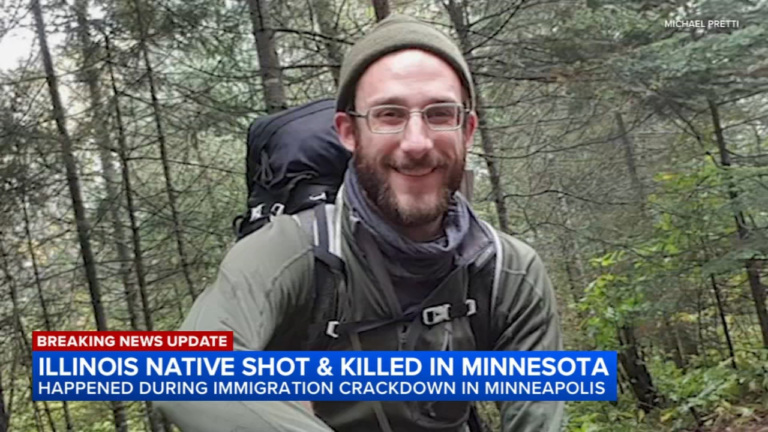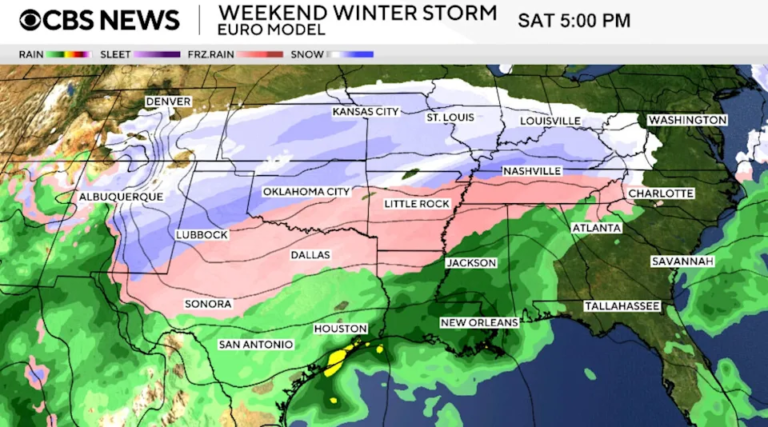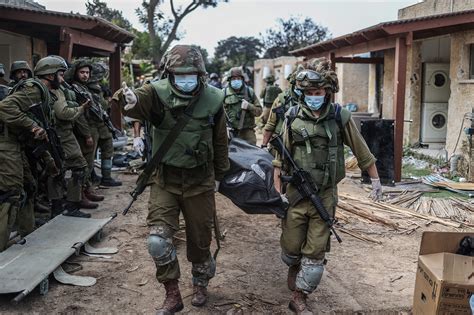
(Hamas soldiers during the war source cnn.com)
Just three weeks into a delicate ceasefire, tensions between Israel and Hamas are already threatening to shatter the fragile peace. Both sides are accusing each other of violating the agreement, and with each passing day, the deal looks more unstable.
So far, Hamas has released 16 of the 33 hostages promised in this phase of the deal, while Israel has freed 656 Palestinian prisoners out of nearly 2,000 on the agreed list. But now, the routine exchanges may grind to a halt. Hamas claims Israel has breached the terms and has announced it will postpone further hostage releases “until further notice.”
Israel, in response, has dismissed the delay as a “complete violation of the ceasefire” and raised its military alert level. Meanwhile, US President Donald Trump has taken a more aggressive stance, calling for a shift in strategy. Instead of the phased releases, he suggests giving Hamas an ultimatum to return all hostages at once—or face severe consequences.
Hamas Accuses Israel of Violating the Deal
On Monday, Hamas declared it would delay releasing more hostages, citing multiple Israeli violations. According to the group, Israeli forces have fired on Palestinians in Gaza, obstructed the return of displaced residents to northern Gaza, and blocked humanitarian aid shipments, including essential medical supplies and temporary shelters.
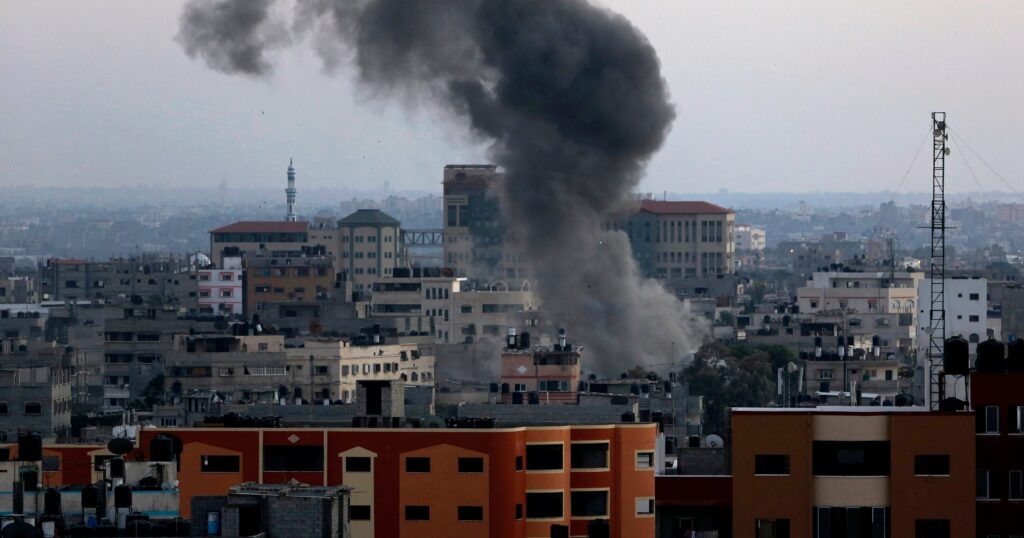
(Isreal Airstrike in Hamas picture by usatoday.com)
Gaza’s health ministry has reported that 92 people have been killed in Israeli military operations since the ceasefire began.
A diplomat familiar with the ceasefire discussions stated that the United Nations, Qatar, and other countries have sought to deliver temporary shelters to Gaza, but Israel refused.
Abu Obeida, a spokesperson for Hamas’ armed wing, maintained in a social media post that Hamas is still committed to the ceasefire—so long as Israel upholds its end of the agreement. Later, Hamas left room for possible negotiations, saying Israel still had time to fulfill its obligations.
Israel Calls Delay a ‘Complete Violation’
Israel, however, has rejected Hamas’ claims and views the postponement of hostage releases as a direct breach of the ceasefire agreement. Israeli Defense Minister Israel Katz stated that any delay is unacceptable and has instructed the military to be at the highest level of alert.
Israeli forces recently opened fire in Gaza City near the border, killing three Palestinians, according to Palestinian officials. Following the incident, Katz warned, “Anyone who enters the buffer zone, their blood is on their own head—zero tolerance for threats against IDF forces or Israeli communities.”
The controversy also deepens with the troubling condition of the hostages released last week. Israeli officials described their frail appearances as “shocking,” sparking concerns over the well-being of those still in captivity.
Trump’s Tough Stance
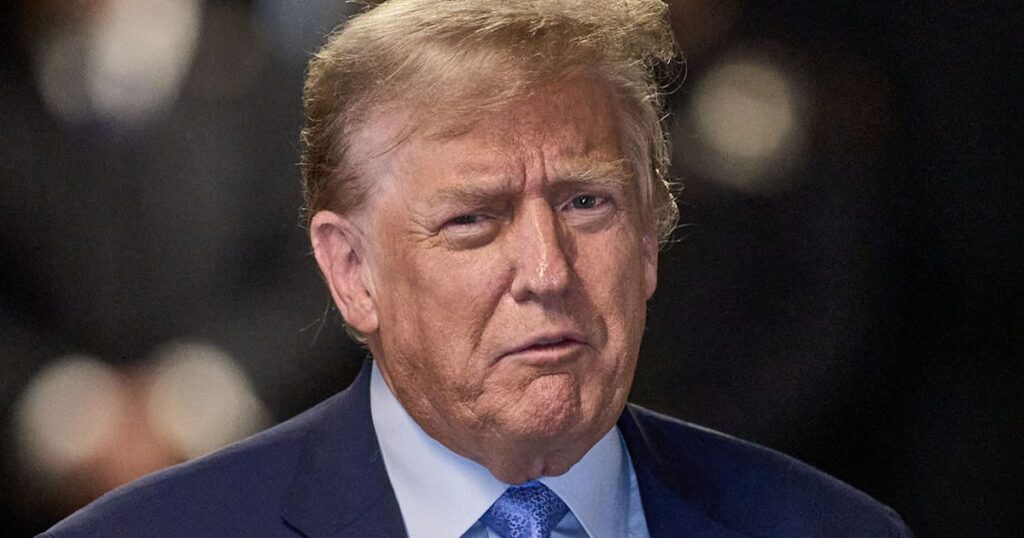
(Trump warning Hamas if they won’t release the hostages mirror.co.uk)
President Trump has made his position clear: if Hamas does not release all hostages by Saturday at noon, he wants Israel to abandon the ceasefire and resume full-scale military action.
“As far as I’m concerned, if all of the hostages aren’t returned by Saturday at 12 o’clock—I would say, cancel it and all bets are off, and let hell break out,” Trump told reporters.
When pressed on what that would mean for Gaza, he responded, “You’ll find out, and they’ll find out—Hamas will find out what I mean.”
Trump and his Middle East envoy, Steve Witkoff, were instrumental in brokering the current ceasefire deal. The agreement was finalized with cooperation between both the Biden and Trump camps before the new administration took office.
Can the Ceasefire Survive?
The future of the ceasefire remains uncertain. The current deal took nearly a year to negotiate, but history suggests it may not last. The previous ceasefire in November 2023 held for only a week before fighting resumed.
The agreement is structured in three phases, and the first phase is already at its midpoint. While some hostages have been released and humanitarian aid has entered Gaza, negotiations for the second and third phases have barely begun.
Israel’s Finance Minister Bezalel Smotrich has threatened to leave Netanyahu’s coalition if Israel doesn’t return to war after phase one ends. Meanwhile, Qatari and Egyptian mediators are working to salvage the deal.
With both sides standing firm and trust eroding, the ceasefire is hanging by a thread. If no compromise is reached soon, this fragile truce could collapse entirely—plunging the region back into full-scale conflict.
